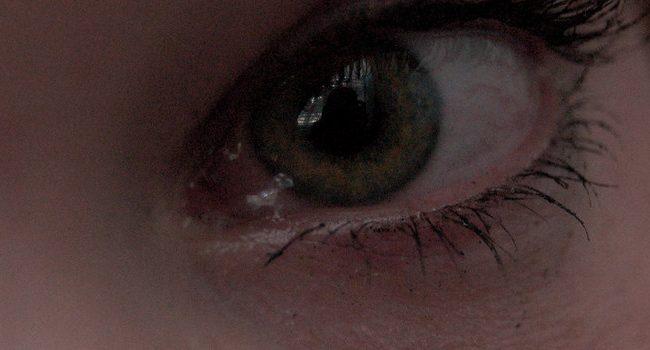We take our sight for granted. We expect every day when we wake up to see things through our two eyes. Alas there is no guarantee that things will be like this forever. If it doesn’t we best be prepared for the emotional impact of vision loss.
The moment your doctor tells you you’re losing your sight life begins a very different phase. You will either adapt and therefore cope well, or fail to adapt and struggle from that moment forward.
Loss of sight is the disability people fear most that is a statistical fact. 76% of people would rather lose a limb than their eyesight. I certainly don’t agree with that. Don’t get me wrong losing near full vision in my right eye threw me completely, took time to adjust to, still causes me certain difficulties, but having learned what to do it has become not only manageable but in a way has given me a new direction and therefore added something to my life. Losing a limb, well that sounds like it would be even more restrictive. I suppose what ever it is we lose will cause us incredible pain, but we can adapt and will, if we allow ourselves to. You just have to get through the emotional impact of vision loss
For many people as their eyesight deteriorates their horizons shrink, they see only trouble ahead, and gradually they become more isolated and lonely, worse still dependent on others, many become depressed. I know how difficult it is, particularly at first. You’re on edge every minute, knowing that something new will crop up that you can’t do any longer because of the restriction of your eye sight. The emotional impact of vision loss can be massive.
The good news is that everyone is capable of adapting, and therefore coming to terms with the challenges they face. Visual impairment is hard to deal with, but deal with it you can. Two key areas need to be faced up to. The first, and the one that most people clearly know is the mastering of the physical challenges. The second, and the one that will often bring about the greatest difficulties, and often goes undealt with is the emotional impact of vision loss. Take this as a certainty, having a serious sight problem will be life changing, and for many it will cause huge emotional distress.
Findings from research conducted by the University of Reading, commissioned and funded by Thomas Pocklington Trust identified an absolute increased need for emotional support among people with acquired sight loss. Yet in my own personal experience and from those I’ve spoken to no emotional support was offered at any stage on our journey through visual impairment.
Let me summarise the finding of this report in connection with social well-being and the emotional impact of vision loss:
Depression – Depressive symptoms are on average almost twice as likely in those with sight loss, and it is common to have initial feelings of panic and distress when vision loss first occurs, followed by feeling devastated and depressed.
Mental Health – The emotional reaction to the initial diagnosis of visual impairment reflects reduced mental health and the longer-term emotional response includes frustration, worry, sadness, and becoming more emotionally vulnerable.
Anxiety – Anxiety is more acutely felt soon after diagnosis with many worried about the implications of their recent sight loss on their way of life.
Quality of Life – People with sight loss are reported as being over four times more likely to report ‘not feeling full of life’. Sight loss can result in feelings of reduced well-being, negative attitudes to life, vulnerability, and lack of control.
Social Functioning – Studies report that people with sight loss may have fewer face-to-face interactions with family and friends, and are more likely to become socially isolate.
Loneliness – Studies identified those with sight loss can feel less engaged with their community, excluded, isolated and lonely.
Social Support – Social support from family, friends, and neighbours was key to help accept and adjust to sight loss and helps you pull through.
Evaluation of interventions – Studies indicated that after counselling, participants reported feelings of empowerment and a reduction in feelings of isolation. Participants who received telephone counselling reported a decrease in depressive symptoms and feelings of isolation. In my mind life coaching and simply being taught some incredibly powerful techniques will go a long way to reduce the emotional impact of vision loss.
Visual impairment can certainly change your life. For some they will make life fantastic despite their visual impairment, others will let it keep them down, allowing their ‘disability’ to determine their future.
The most important thing for anyone to understand is that life with visual impairment can be just as fulfilling, joyful, and satisfying as life with vision. With proper tools and training anything is possible. Your first step is to believe this. Your second is to start communicating with people that are there to help you, and with those who know what you’re going through because they themselves are visually impaired.
Are you willing to move forward and deal with the challenges of vision loss?
I am not medically qualified but am always ready to help others who are visually impaired giving you information and help you explore your options. So make contact and say hi, and refuse to allow the emotional impact of vision loss to determine your future or make you fear the now.
Score Your Way To Good Health - With Our Healthy Lifestyle Plan
Score your way to good health with our healthy lifestyle plan and it's unique 70 point weekly scorecard!



